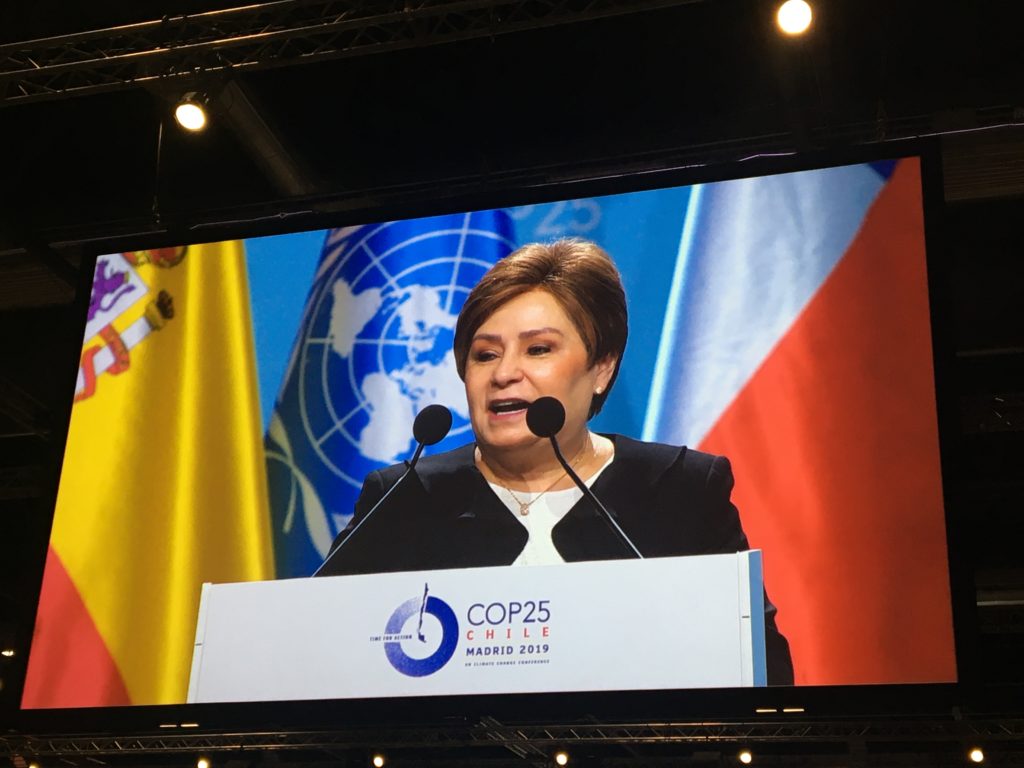How has COVID-19 impacted climate diplomacy?

A new learning paper by the International Institute for Environment and Development (IIED) assesses how LDCs influenced climate diplomacy before the pandemic, explores their experiences of climate diplomacy during COVID-19, and outlines recommendations for how policymakers can support LDCs to effectively engage in the new format of virtual climate diplomacy.
Widely billed as a ‘super year’ for climate diplomacy, international efforts to address the climate crisis in 2020 were among the many processes affected by the global pandemic.
COVID-19 and LDC plans and engagement
In late 2020, IIED surveyed LDC negotiators, asking how the pandemic had impacted their plans for climate diplomacy, the challenges and opportunities of virtual meetings, and whether they foresaw COVID-19 bringing about long-term changes to climate diplomacy.
The results are clear: only one survey respondent indicated that COVID-19 had not affected their plans for 2020. Of 25 respondents who indicated that the pandemic had changed their plans, 68% reported it had changed them significantly.
A respondent in Chad commented: “The government’s priority as well as all its partners is directed towards the fight against the COVID-19 pandemic. All planned activities for 2020 are entirely impacted.”
The learning paper also outlines how COVID-19 impacted on LDCs’ ability to engage in the UNFCCC dialogues and technical 13 discussions, planned versus attended meetings on climate diplomacy, the impact on designing national climate change strategies, the impact on accessing climate finance and more.
Challenges of virtual engagement
With worldwide travel restrictions making in-person meetings unviable, the pandemic upended the usual processes of climate diplomacy and diplomatic engagement quickly became virtual.
The IIED survey considered whether virtual meetings allowed LDCs to regularly engage in climate diplomacy during the pandemic. It looked at issues such as whether poor internet accessibility had affected LDCs’ ability to participate in virtual meetings relevant to climate diplomacy, and whether virtual meetings are often scheduled at times that are inconvenient to respondents (using as an illustration that virtual meetings often take place at times convenient to Central European Time (CET).
As senior researcher with IIED’s Climate Change research group, Brianna Craft, notes in her blog summarising some of the learning paper’s findings: “COVID-19 challenges the processes for making…decisions, with virtual engagement presenting fundamental barriers to vulnerable countries’ abilities to participate.”
Long-term impacts and how to adapt
Nearly all the survey’s respondents imagined that COVID-19 would have lasting impacts on the way they engage in climate diplomacy.
In her blog, Brianna outlines recommendations for world leaders on how to make international climate decisions in a way that ensures transparency and ownership amid the prevailing threat of COVID-19.
Calling for a three-pronged approach, Brianna calls on leaders to support access to virtual spaces, facilitate consensus-based decisions and support progressive leadership.
She comments: “The pandemic will have lasting impacts on the way countries engage in climate diplomacy.
“Climate vulnerable countries have often shown the greatest leadership…Supporting the leadership of LDCs and AOSIS during and post-pandemic is paramount, for their ambition drives the international debate.”
You can read the full learning paper, ‘The impacts of COVID-19 on climate diplomacy’ , in IIED’s publications library here.
Read Brianna’s blog, ‘Challenges for climate diplomacy during a pandemic’, here.